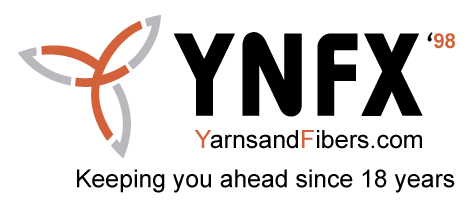Related Keywords: cotton or the current man-made fibres, ecological, ecological technology for manufacturing pulp-based textile fibre, fibre, in-house textiles expert, invested in fibre processing and finishing technology, novel fibre, pulp-based textile fibre, sustainable textile fibre, technical and industrial textile expertise, textile market, textile recycling, textile structures and composites, textile technology, wood-based textile fibre, yarn
Based in Jyväskylä, Central Finland, Spinnova employs 10 experts. Spinnova’s patented technology is said to save water, energy and chemicals, making wood-based textile fibre significantly more ecological than cotton or the current man-made fibres. Spinnova’s objective is to globally commercialise pulp-based textile fibre. Spinnova is a Finnish wood fibre company that develops ecological technology for manufacturing pulp-based textile fibre.

